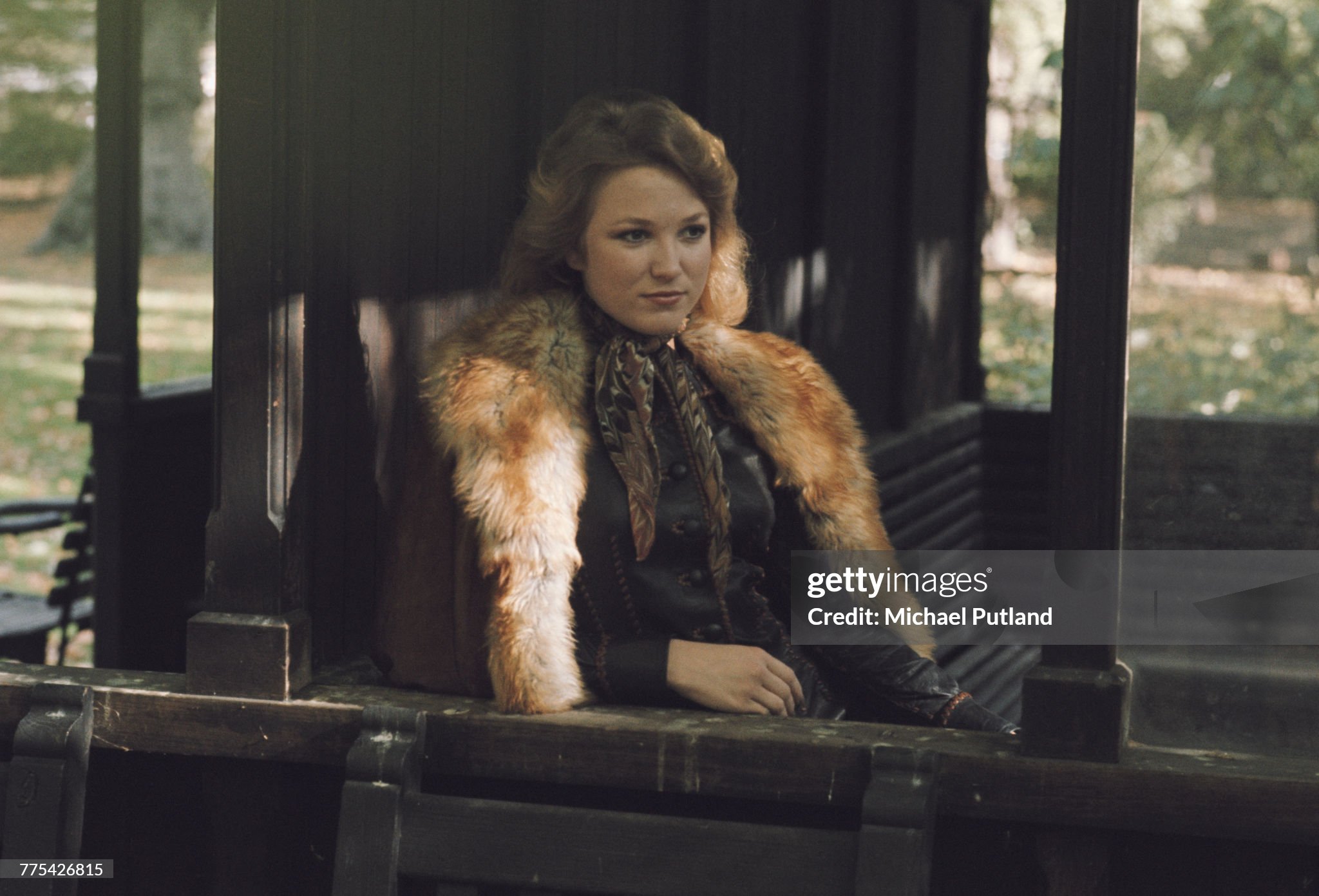
Love Endures Like the Wind—Invisible, Unyielding, and Ever-Present
Released in 1992 as the poignant lead single from Tanya Tucker’s album Can’t Run from Yourself, “Two Sparrows in a Hurricane” ascended to No. 2 on the Billboard Hot Country Singles & Tracks chart, becoming one of the most enduring ballads in Tucker’s formidable catalog. With a vocal performance steeped in wisdom and weathered grace, Tucker channels decades of life lived too fast, too hard, and too tenderly. The song became a hallmark of her early ’90s resurgence—a period marked not just by commercial success, but by artistic maturity and emotional candor.
Written by Mark Alan Springer, “Two Sparrows in a Hurricane” is more than a love song—it is a meditation on resilience. It traces the arc of a couple’s life through the lens of enduring devotion, beginning with youthful elopement and culminating in old age beneath faded wallpaper and flickering lamplight. These are not cinematic lovers; they are quiet heroes of intimacy, bonded not by grand gestures but by everyday endurance. The titular image—two small creatures braving chaos together—evokes a sense of fragile tenacity that lingers long after the last note fades.
At its core, the song is a study in constancy amidst turmoil. Its verses sketch three tableaux: young love defying odds, middle-aged commitment tested by life’s weight, and elderly companionship still marked by shared dreams. Each passage flows seamlessly into the next, mirroring the way time blurs memories while deepening bonds. Springer’s lyrics are unadorned but potent—imbued with a kind of plainspoken poetry that leans into emotional truth rather than ornate metaphor.
Musically, “Two Sparrows in a Hurricane” eschews grandeur for intimacy. Producer Jerry Crutchfield crafts an arrangement that supports without overshadowing: gentle acoustic strums, understated percussion, and soft string flourishes cocoon Tucker’s voice in warmth and space. But it is her vocal delivery that seals the song’s emotional heft. There is no artifice here—only the kind of knowing ache that comes from loving deeply and losing often. Her phrasing holds pauses like breaths between sobs; her inflection wears every wrinkle of the story like threadbare lace.
For fans who had grown up with Tanya Tucker—the child prodigy turned country outlaw—the song marked a full-circle moment. No longer singing from the edge of rebellion, she now sang from within the eye of life’s storm. And in doing so, she offered not just solace but guidance: love doesn’t flourish despite adversity; it flourishes within it.
In a genre saturated with heartbreak anthems and odes to fleeting passion, “Two Sparrows in a Hurricane” endures because it speaks to something quieter yet more profound—the grace of growing old together while still chasing tomorrow’s wind.